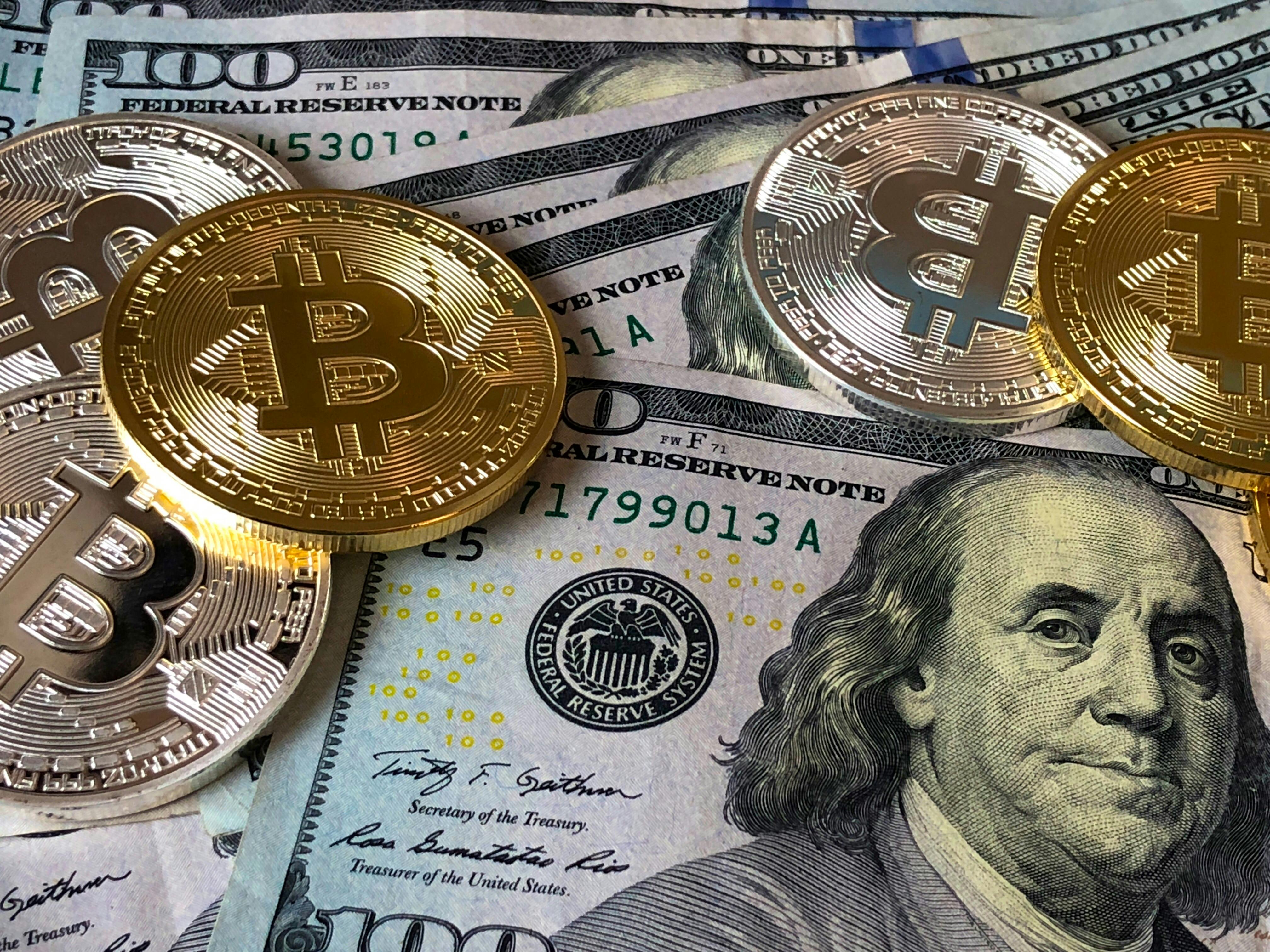Wall Street Braces for Trump 2.0: Tariffs, Tax Cuts, and Market Volatility
As Donald Trump heads back to the White House, Wall Street is preparing for the potential impact of policies such as lower taxes, deregulation, and a president unafraid to comment on everything from the stock market to the value of the dollar. Trump has already made tariffs and tax cuts central to his appeal, with many voters citing the economy as their top concern in the election. A key element of his platform is expected to be rolling back regulations in industries ranging from banking to cryptocurrencies. Early signs suggest that these proposals are already influencing asset prices, including the dollar, shares of regional banks, and even Bitcoin.
According to David Bianco, Americas Chief Investment Officer at DWS Group, markets are viewing the Trump administration as "pro-growth," even if it comes with potential for higher inflation and interest rates. Edison Research confirmed on Wednesday that Trump had surpassed the 270 Electoral College votes needed to win the presidency. While political events can shift market sentiment, investors generally place more weight on macroeconomic factors, corporate earnings, and global developments.
During Trump's first term, the S&P 500 surged nearly 70%, driven by technology stock gains, despite volatility triggered by his tariff policies. At the same time, the energy sector faced steep losses as the COVID-19 pandemic disrupted global economies, although Trump's administration was supportive of fossil fuel production.
A Different Economic Landscape
Trump's 2016 election sparked a so-called "reflation trade," with investors betting that tax cuts and stimulative policies would revitalize the U.S. economy. However, the economic environment has shifted since then. The U.S. economy is growing faster than it was in 2016, with the third quarter of 2024 seeing an annualized growth rate of 2.8%, compared to just under 2% in 2016. While inflation has moderated from its 2022 highs due to months of tight monetary policy, some investors worry that Trump's proposed tariffs and tax cuts could reignite price pressures. This stands in contrast to the situation eight years ago, when sluggish growth and inflation were more pressing concerns for the Federal Reserve.
If inflation rebounds, the Federal Reserve may have to reassess its interest rate strategy, even as it begins to ease rates after aggressive hikes in recent years. Despite a late surge in support for Trump in the presidential race, with betting markets shifting in his favor, analysts note that his 2016 victory—and the market’s positive reaction—came as a surprise, especially given that investors were positioned for a disinflationary environment.
Tariffs and Tax Reform
Trump's proposed tariffs—up to 10% on imports and 60% on Chinese goods—could have significant implications for markets. A study by Deutsche Bank suggested that Trump's victory without tariffs could add about half a percentage point to U.S. GDP, while tariffs would likely reduce GDP by about a quarter of a percentage point. Garrett Melson, a portfolio strategist at Natixis Investment Managers, noted that there are still uncertainties about how aggressively Trump will implement tariffs, which could be done through executive orders regardless of congressional composition.
On the tax side, Trump aims to cut the corporate tax rate to 15% for companies that manufacture in the U.S. This is a further reduction from the 21% rate enacted during his first term, which had already slashed the previous rate of 35%. If such tax cuts pass through Congress, they could boost corporate earnings and sentiment in the stock market, though the full extent of this impact remains uncertain. Goldman Sachs estimates that cutting the corporate tax rate to 15% would increase S&P 500 earnings by about 4%.
"Equity investors are likely to view a Trump victory favorably in the short term due to the potential extension of tax cuts," said Jake Seltz, portfolio manager at Allspring Global Investments. However, widespread tax cuts could also raise concerns about growing U.S. debt, especially as investors become increasingly focused on the federal deficit. In fact, an October 28 estimate from the Committee for a Responsible Federal Budget predicted that Trump's tax and spending plans would add $7.75 trillion to the national debt over the next decade. This has already contributed to a recent selloff in U.S. government bonds, pushing the 10-year Treasury yield to 4.471%, its highest level since July.
Trump's Impact on Market Sentiment
A key factor in how markets react to a Trump administration will be his tendency to comment on a wide array of potentially market-moving issues. During his first term, Trump regularly made headlines with remarks on topics ranging from the strength of the dollar to the policies of individual companies. These comments often led to sharp movements in asset prices, and the possibility of similar volatility remains.
"Markets are a bit on edge at the prospect of a Trump administration, which could come with a lot of communication that's difficult to separate from the noise," said Bianco. Investors will likely need to brace for a more unpredictable policy environment as Trump resumes his role as a public figure.
Subscribe to unlock premium content
Subscribe to unlock premium content, premium has more content than normal users do!




